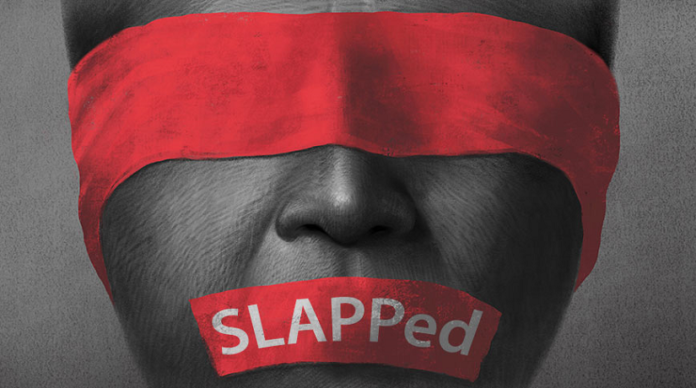
European Court of Human Rights condemns Greece for the torture of prisoners by a police officer



On January 25, 2018, the European Court of Human Rights (ECtHR) ruled against Greece in the case of Sidiropoulos and Papakostas v. Greece concerning the torture of two prisoners with electric shocks by a police officer in the Aspropyrgos police station. The decision also condemned the country for violating the applicant’s right to a fair trial due to the long delays encountered in the administration of justice when the case was brought to the domestic criminal courts.
In the summer of 2002, two Greek citizens, Ioannis Papakostas and Georgios Sidiropoulos, were arrested separately and taken to the Aspropyrgos police station, where police officer C.E. used unlawful violence against them and shocked them with an electroshock device.
In December 2011, after many years of litigation, (during which, according to the torture victims, attempts were made to cover up the case,) the police officer was found guilty of torturing persons in his authority in the course of his duties. In February 2014 an appeals court upheld his guilt, sentencing him to five years in prison. However, despite the severity of the offence, the domestic courts commuted the sentence to a monetary penalty of five euros per day of detention.
An administrative investigation was opened and then closed in July 2003, as no suspicious objects had been found at the police officer’s home. The officer, however, did give the authorities a black portable transceiver which had been at his disposal during the questioning of Mr Papakostas. C.E was ordered to pay a fine of 100 euros (EUR) for using a transceiver, without prior authorisation, in the course of his duties.
This procedure had ended before the completion of the criminal proceedings and both sets of proceedings had reached substantially different conclusions. C.E. had never suffered from the consequences of his actions as a police officer, as he had left the police force of his own accord, having served with it for eight years after the facts. Owing to the length of the criminal proceedings, it had been impossible to resume the disciplinary procedure as C.E. had left the police in the meantime. Lastly, on his departure, C.E. had been promoted, with all the moral and pecuniary implications involved (C.E. was promoted from master sergeant to warrant officer).
Therefore the Court found that there had been a violation of three Articles of the European Convention of Human Rights. Firstly, of Article 3, which prohibits torture, providing that “no one shall be subjected to torture or to cruel, inhuman or degrading treatment or punishment”. Secondly, of Article 6 paragraph 1, which guarantees the right of citizens to a fair hearing within a reasonable time, due to the extensive duration of domestic criminal proceedings, which began in 2002 and ended in the second instance in 2014. Thirdly, Article 13 was also violated because the victims did not have an effective remedy available to them to complain about the duration of the criminal trial.
The ECHR, adopted under the auspices of the Council of Europe in 1950 to protect human rights and fundamental freedoms, prohibits torture. In this case the Court ruled against Greece, finding a violation of Article 3, or the prohibition of torture, in a case where two citizens were tortured by a police officer during their detention in a police station. Furthermore the handling of the case in the domestic criminal courts was found to be deficient and in violation of the applicants’ rights to a fair trial and to an effective legal remedy.
Bank Account number: 1100 0232 0016 560
IBAN: GR56 0140 1100 1100 0232 0016 560
BIC: CRBAGRAA
![]()
In a time where the very foundations of democracy are gradually being eroded by the rise of extreme nationalism, alt-right movements, the spread of disinformation and corporate capture, the efforts of organisations such as Vouliwatch are more relevant than ever.
We rely on the generosity of each and every one of you to continue with our efforts for more transparency and accounta
By financially supporting Vouliwatch you support our litigation strategy, our campaigns for transparency and accountability in the political system, the development of new civic tech tools, our research projects and last but not least our impartial and accurate